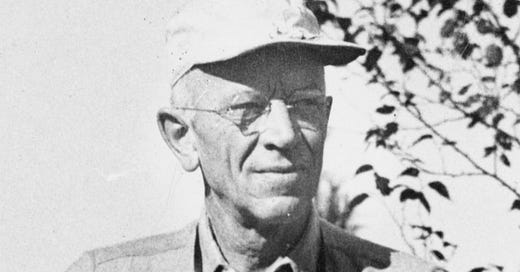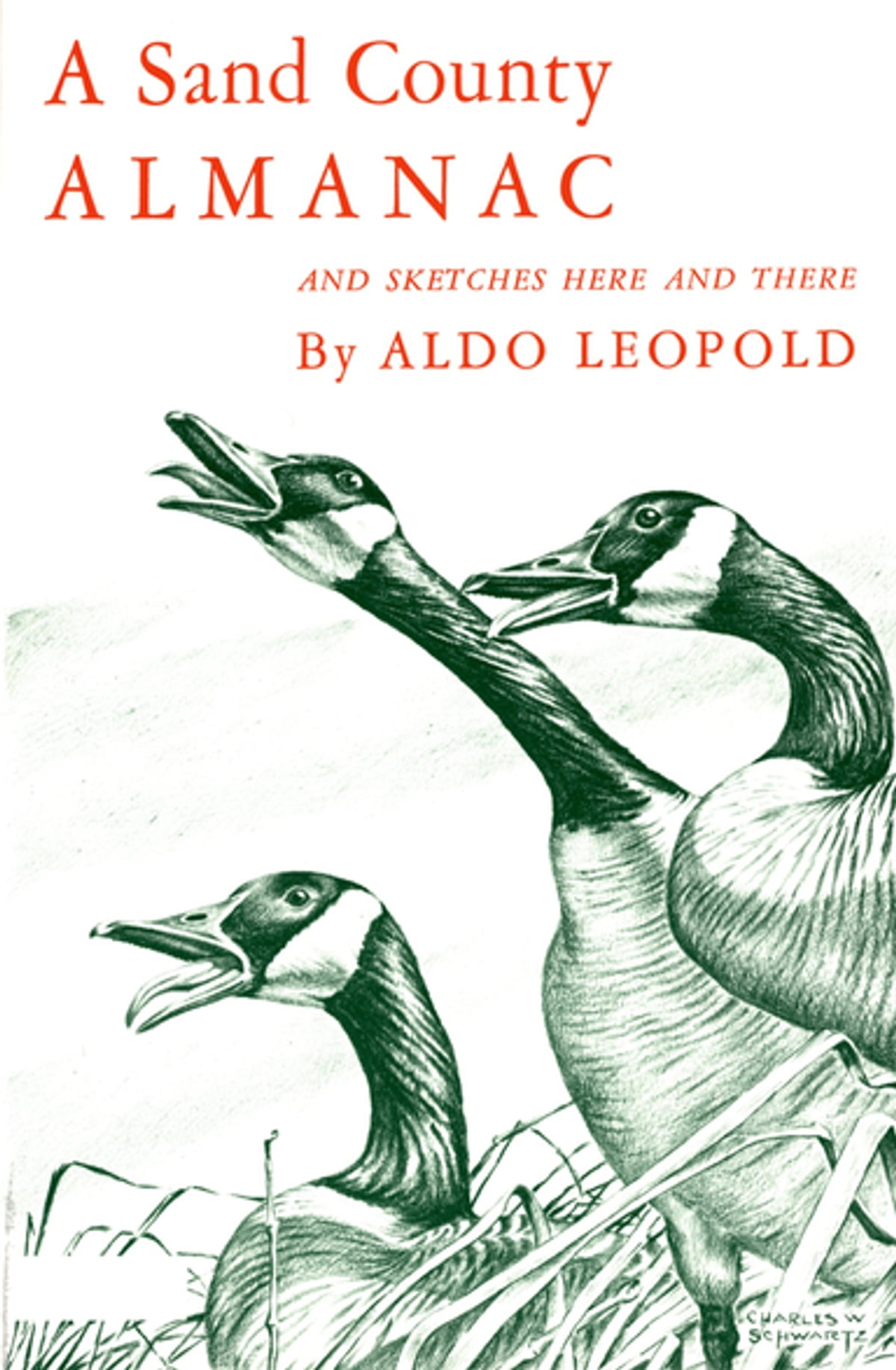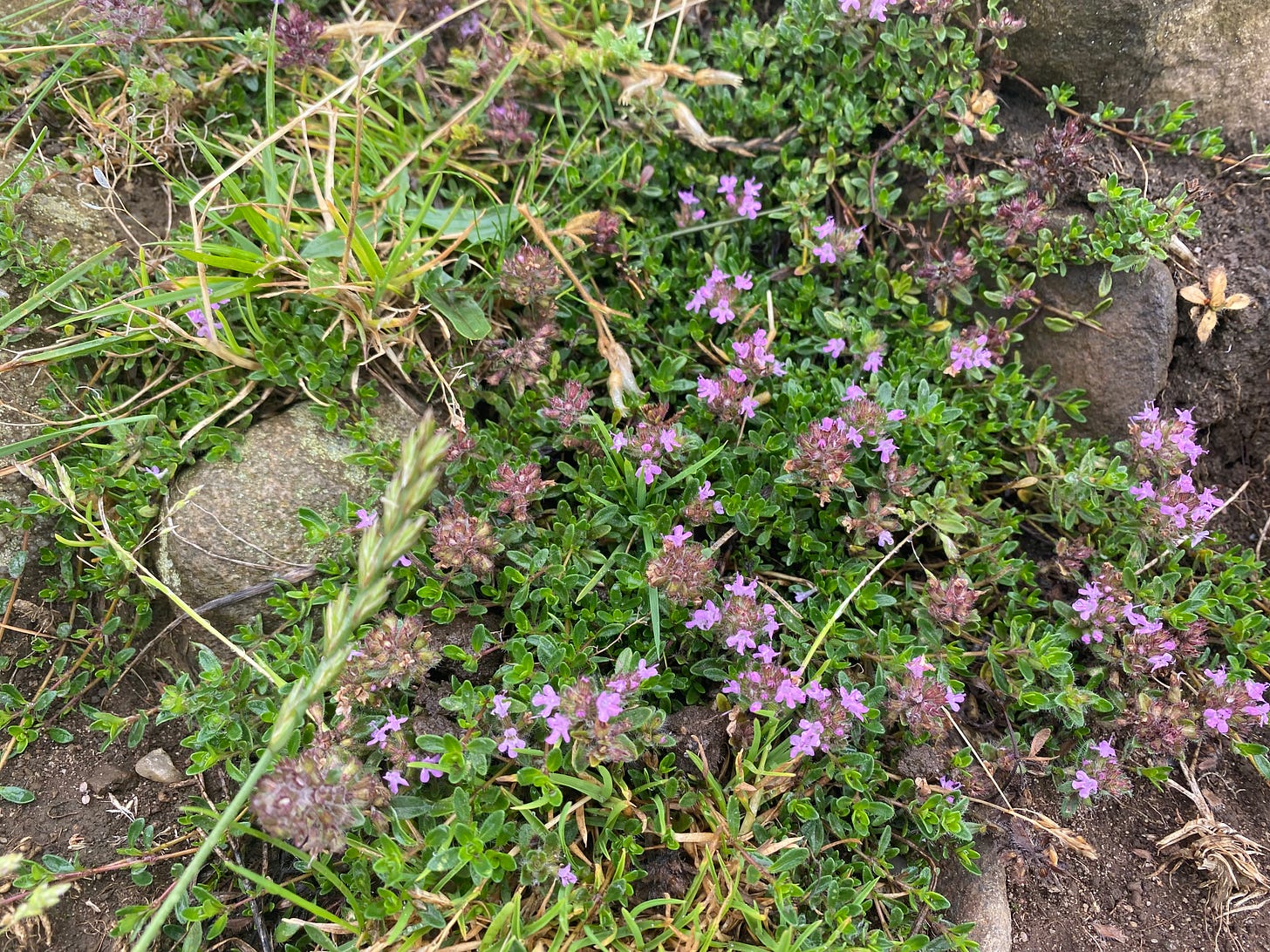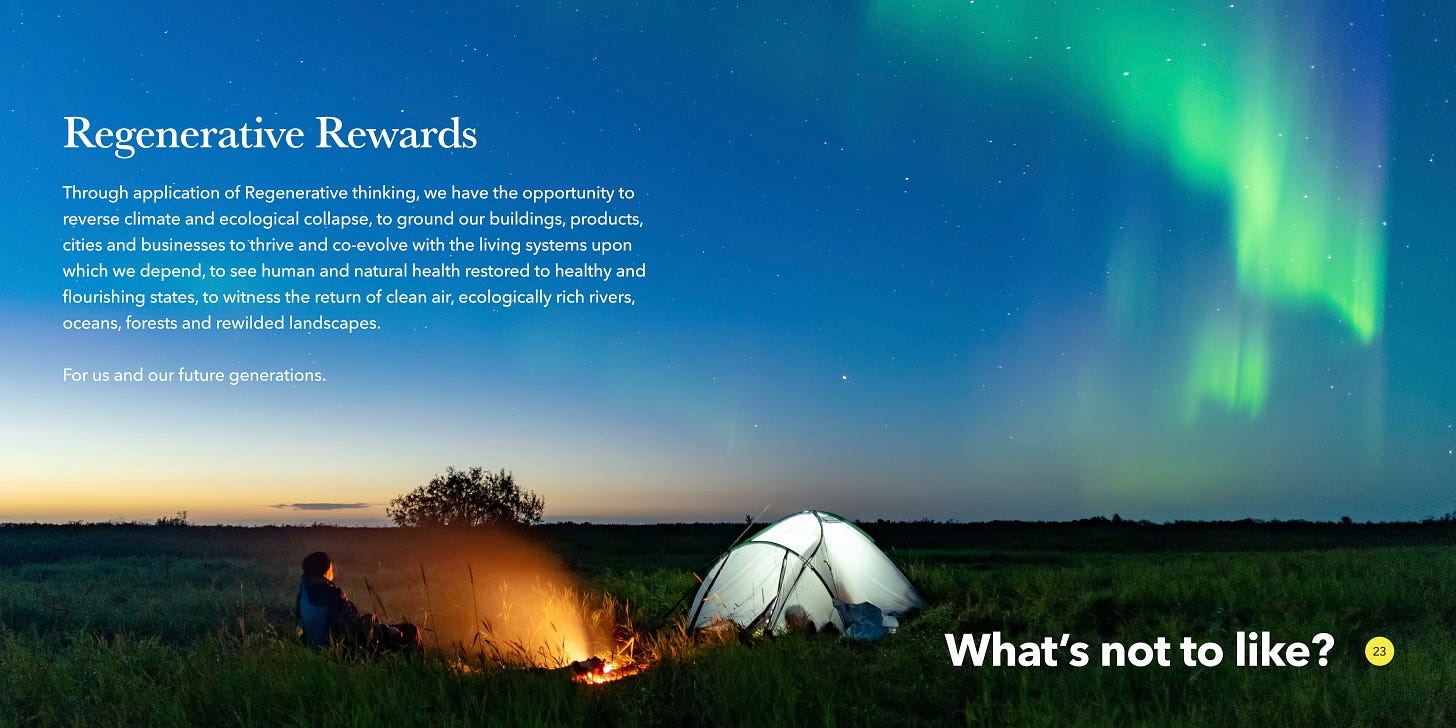Welcome to Regen Notes - joining regenerative dots and spaces between.
A deep chesty howl echoes, from Rimrock to Rimrock, rolls down the mountain and fades into the far blackness of the night. It is an outburst of defiant sorrow and contempt for all the adversaries of the world.
Every living thing (perhaps many a dead one as well ) pays heed to that call. Yet behind obvious immediate hopes and fears, there lies a deeper meaning, known only to the mountain itself. Only the mountain has lived long enough to listen objectively to the howl of the Wolf
Perhaps this is behind Thoreau’s dictum “in wildness is the salvation of the world” ... the howl of the Wolf, long known among mountains but seldom perceived among men.
Aldo Leopold. Sand County Almanac
With current interpretation, we can see the howl of Leopold’s wolf as nature's howl against climate stress and collapse, in contempt of us humans, adversaries not advocates, a howl that only mountains and nature are tuned to understand, yet unheard by us.
Aldo Leopold (1887 – 1948) an American author, philosopher, naturalist, scientist, ecologist, forester, conservationist, and environmentalist, influential in the development of modern environmental ethics and best known for A Sand County Almanac “one of the cornerstones of modern conservation science, policy, and ethics”
Ecological Conscience.
“One of the penalties of an ecological education is that one lives alone in a world of wounds.”
Those with a well-developed ecological conscience feel aches of right or wrong on behalf of the earth. There is a spiritual aspect to ecological conscience where we may not only feel awe or discomfort but also feel at a deep spiritual and emotional level.
Leopold's words and influence have echoed through the ages, reflected in the words and work of many environmentalists, modern-day sustainability and regenerative thinkers and practitioners. Even building standards.
I came across Sand County Almanac many years ago, it had then and still holds much influence on my thinking. FutuREstorative referenced a number of his influential wisdom.
We abuse land because we regard it as a commodity belonging to us. When we see land as a community to which we belong, we may begin to use it with love and respect
And in the EUCost RESTORE programme, where the first training school took Leopold's words “to teach the pupil to see the land, to understand what he sees, and to enjoy what he understands as the premise for exploring Sustainability, Restorative and Regenerative
It will also feature in my contributions to our Living Future Europe Biophilia Camp in Italy at the end of Sept and in our online 2nd Edition Regenerative + Agile Masterclass commencing in October.
And today, as we face the challenge of meeting the Paris Accord - to cap warming below 1.5 or 2 degrees - and face the reality of what that means for growth, or rather degrowth, of sufficiency rather than efficiency, of regenerative or degenerative, Leopold's words eco and roll ever louder.
A thing is right when it tends to preserve the integrity, stability, and beauty of the biotic community. It is wrong when it tends otherwise.
Trophic Cascades.
Sound County Almanac has been abridged as part of the awesome Penguin Green Ideas / Penguin Classics. Described as a lyrical meditation on America's wildlands, describing for the first time the far-reaching phenomenon of trophic cascades.
For a wonderful explanation of trophic cascades, and how in Yellowstone National Park they were reversed through the (re) introduction of the wolf, do take a look at How Wolves Saved Yellowstone - narrated by George Monbiot.
It was this video used to introduce concepts of restorative, regenerative and thriving to EUCost RESTORE members and event attendees - and I took great pleasure in using it to introduce many (guessing 25+) of my keynote talks for the Specifi programme.
The Leopold Center, based in Wisconsin, was the first building certified as “carbon neutral” by LEED, where its annual operations produce no net emissions in carbon dioxide emissions. And as a net zero energy building, meets all of its energy needs on-site.
Leopold echoes through the Living Building Challenge, (LBC) where the International Living Future Institute (ILFI) defines living buildings as regenerative buildings that connect occupants to place, are self-sufficient and remain within the resource limits of their site, and create a positive impact on human and natural systems.
And the Leopold spirit in turn reverberates with our Regenerative Playbook in Challenges, particularly #6
Become part of the solution and ask is this degenerative or is this regenerative, is this healing or harming and does this enable life to thrive
Substack Links
FutuREgenerative , Thinking Like a Mountain and Fairsnape (July 21)
Love of Country: A Hebridean Journey (Jun 29)
Rethink, Resonate, Regenerate (Oct 21)






